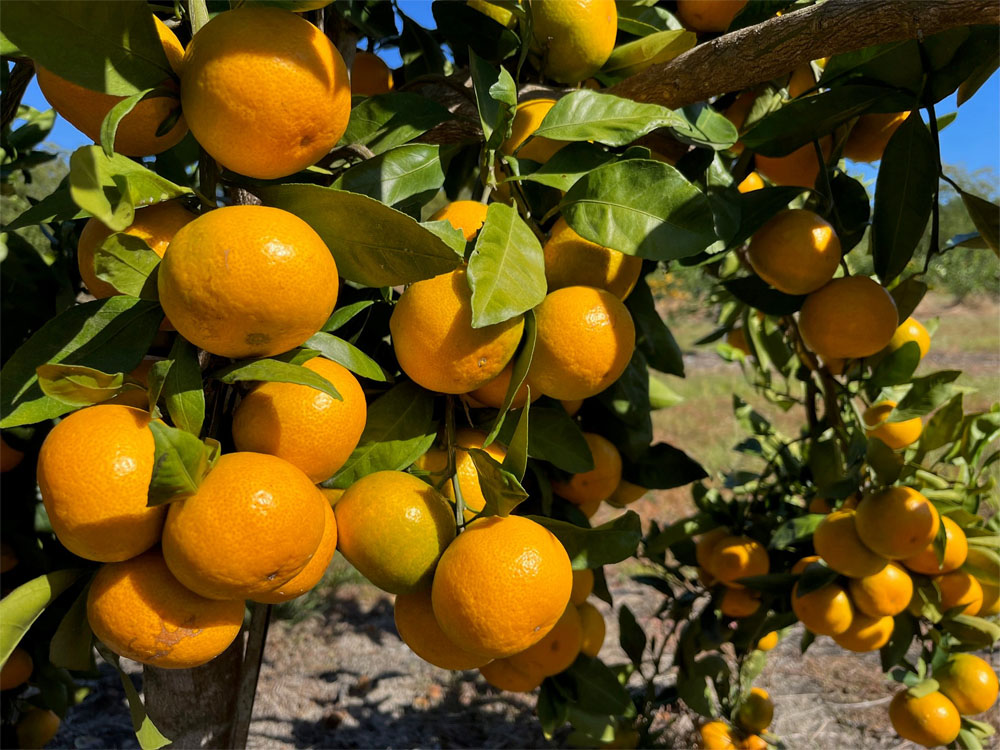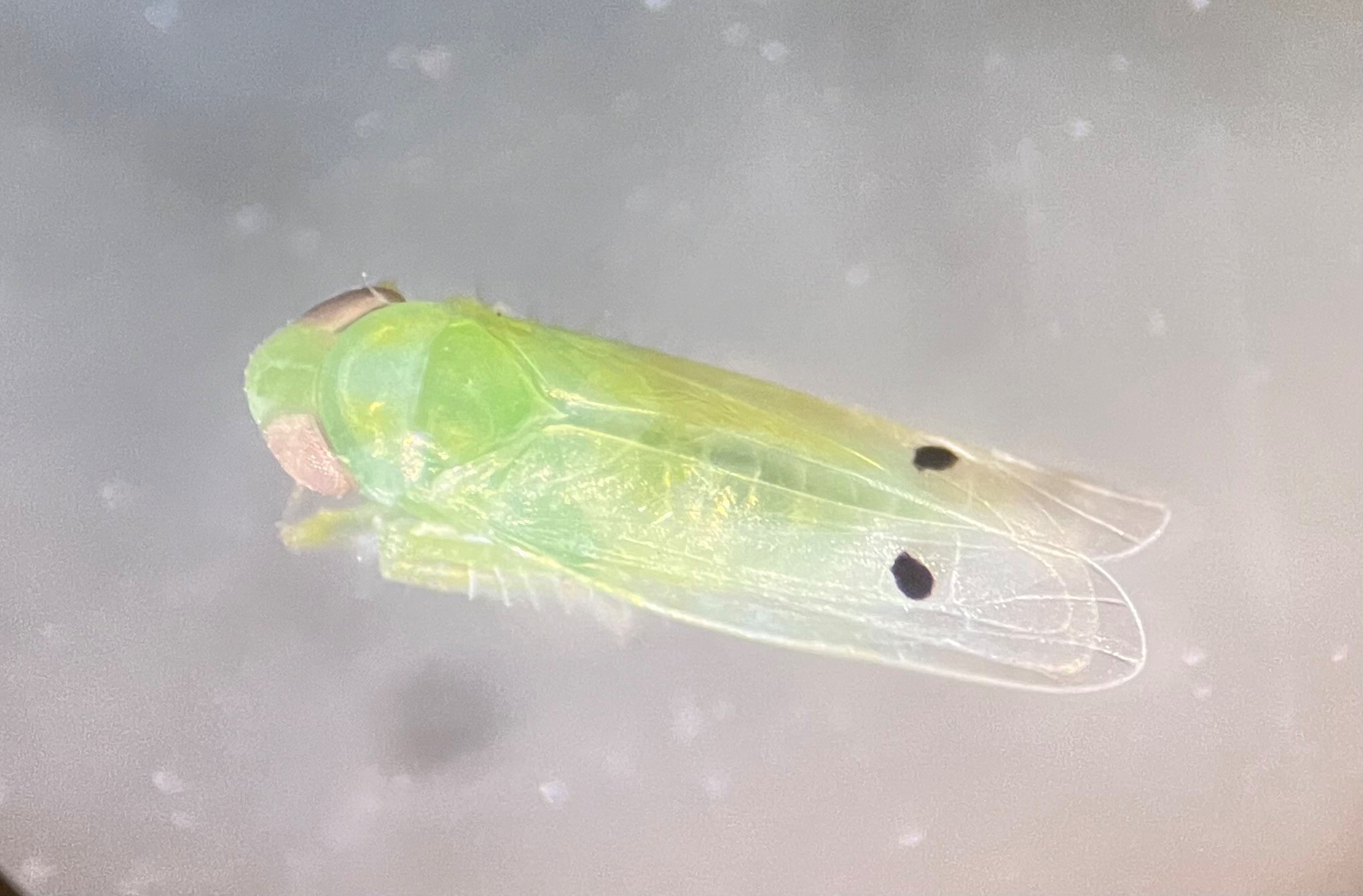Home


Mission
To extend lifelong learning from the University of Georgia to the everyday lives of Georgians through current, research-based education in agriculture, the environment, communities, youth and families.
What is 禁漫天堂 Extension?
A partnership of the University of Georgia, the U. S. Department of Agriculture and counties of the state cooperating. 禁漫天堂 Extension is on the forefront of food safety, technology, research, and education; keeping Georgia’s economy strong and making life better for Georgians. .
禁漫天堂 Extension Carroll County links the resources of the University of Georgia, Fort Valley State University, and Carroll County to provide educational programs, information, and assistance to citizens. 禁漫天堂 Extension Carroll County helps the citizens of Carroll County by addressing the following initiatives:
- Family and Economic Well-Being
- Conservation and Management of Natural Resources
- Agriculture Programming and Research Opportunities
- Improving Nutrition, Diet and Health
- Water Quality
- Youth Leadership
- 4-H Youth Development Program
- Service Learning / Citizenship
Our Promise
To provide practical education you can trust, to help people, businesses and communities solve problems, develop skills and build a better future.
Free online learning
24/7 Tips to live a more active lifestyle, shop smarter, make healthier food choices, and cook delicious meals on a budget!?Receive free kitchen and fitness items.
Carroll County Office Contact Info
- Mailing: 900 Newnan Road Carrollton, GA 30117-6477
- Email: carroll.extension@uga.edu
- Phone: 770-836-8546
- Fax: 770-836-2959
Upcoming Events
There are no events to display.
Expert Resources
-
 Satsumas are one of the most cold-hardy of all citrus and very adaptable to Georgia, but very little is known about growing citrus in Georgia. Commercial growers and residents often ask which early-maturing varieties are best to grow, so we evaluated juice from 12 early-maturing satsuma varieties. The varieties with the highest Brix content and best peel color are listed in this resource.
Satsumas are one of the most cold-hardy of all citrus and very adaptable to Georgia, but very little is known about growing citrus in Georgia. Commercial growers and residents often ask which early-maturing varieties are best to grow, so we evaluated juice from 12 early-maturing satsuma varieties. The varieties with the highest Brix content and best peel color are listed in this resource. -
 When examining horses for conformation, either when considering a purchase or competing in horse judging contests, it is important to break things down into key principles to avoid becoming overwhelmed when putting the overall picture together. There are five main criteria to evaluate when examining a horse’s conformation: balance, structural correctness, way of going, muscling, and breed/sex character (also known as type). This publication describes each of these criteria in detail.
When examining horses for conformation, either when considering a purchase or competing in horse judging contests, it is important to break things down into key principles to avoid becoming overwhelmed when putting the overall picture together. There are five main criteria to evaluate when examining a horse’s conformation: balance, structural correctness, way of going, muscling, and breed/sex character (also known as type). This publication describes each of these criteria in detail. -
 This guide helps Georgia residents at risk of flooding to collect and organize essential items into three bags to prepare your household for water-related disasters like hurricanes.
This guide helps Georgia residents at risk of flooding to collect and organize essential items into three bags to prepare your household for water-related disasters like hurricanes.
Extension News
-
 Takeaways The cotton jassid, Amrasca biguttula, also known as the two-spot cotton leafhopper, was first detected on okra in early July in Seminole County, which perches at Georgia’s far southwestern border abutting Florida and Alabama. Within weeks, the pest had spread north from Florida and surged across most of Georgia’s cotton-producing counties. New pest to […]
Takeaways The cotton jassid, Amrasca biguttula, also known as the two-spot cotton leafhopper, was first detected on okra in early July in Seminole County, which perches at Georgia’s far southwestern border abutting Florida and Alabama. Within weeks, the pest had spread north from Florida and surged across most of Georgia’s cotton-producing counties. New pest to […] -
 Arch Smith, retired 4-H state leader who has served the organization for 40 years, was honored with the 2025 Georgia 4-H Lifetime Achievement Award at the 4-H Gala on August 23.
Arch Smith, retired 4-H state leader who has served the organization for 40 years, was honored with the 2025 Georgia 4-H Lifetime Achievement Award at the 4-H Gala on August 23. -
 A career in human resources isn’t quite what Madelyn Jackson imagined when she enrolled in the University of Georgia’s College of Agricultural and Environmental Sciences as a biological science major.
A career in human resources isn’t quite what Madelyn Jackson imagined when she enrolled in the University of Georgia’s College of Agricultural and Environmental Sciences as a biological science major.